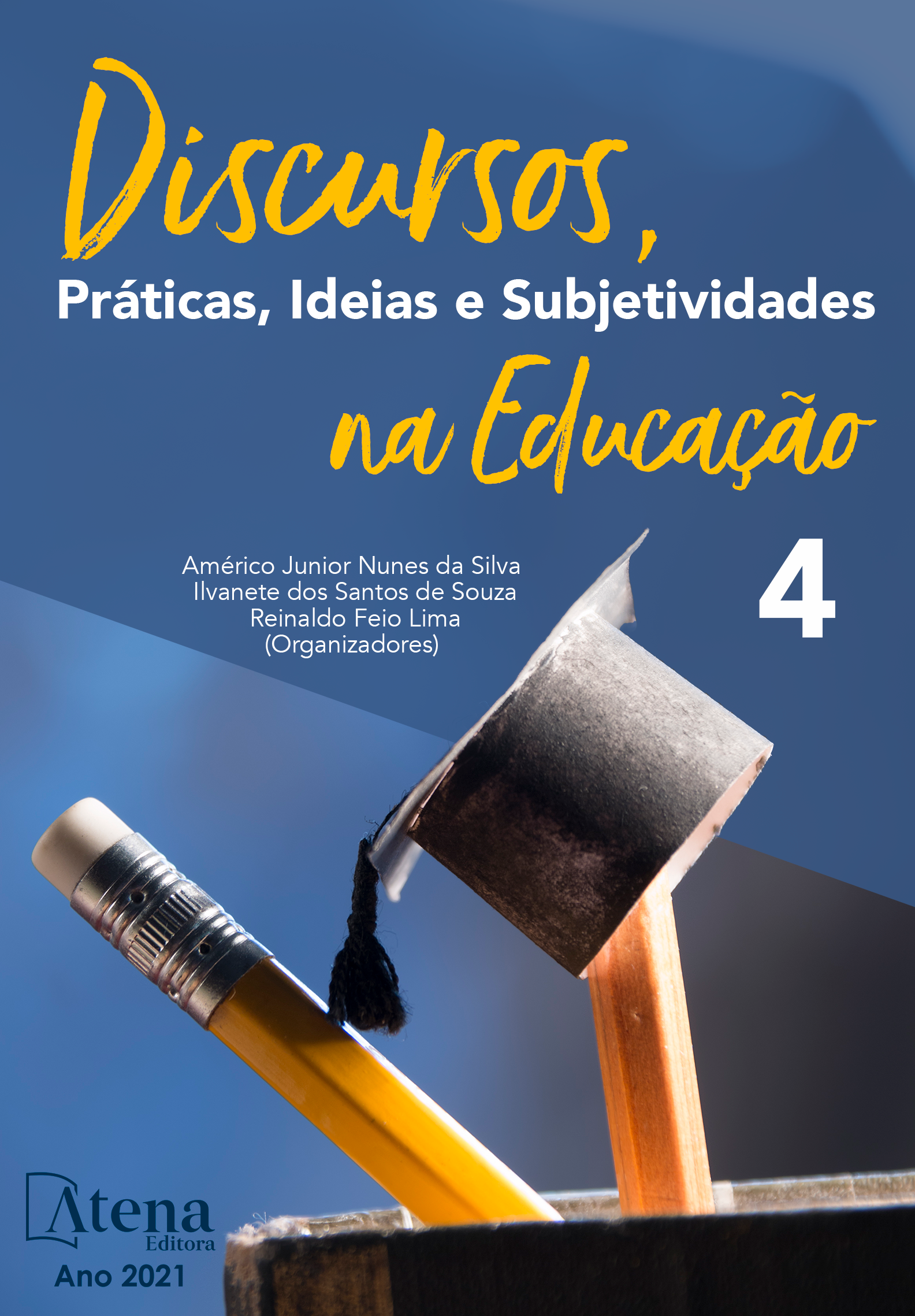
PROJETOS DE QUÍMICA INORGÂNICA UMA ESTRATÉGIA DE ENSINO-APRENDIZAGEM COLABORATIVA NA 10ª GRAU DO INSTITUTO TÉCNICO GONZALO SUAREZ RENDON
Este texto apresenta os resultados de uma experiência em sala de aula que teve como objetivo desenvolver uma estratégia de aprendizagem colaborativa baseada em projetos de pesquisa escolar na área de química inorgânica. Surge como forma de contrariar a passividade dos alunos, o seu baixo nível de finalidade, e potenciar o seu envolvimento ativo na construção do conhecimento científico escolar. O exposto, visto que atualmente o ensino de Ciências Naturais enfrenta grandes problemas ao abordá-lo em sala de aula, pois infelizmente se tornou um acúmulo de conhecimento, limitando o aprendizado à memória aspectos de nomes e fórmulas, entre outros. A Química como parte das ciências naturais é uma área que necessita de um trabalho experimental para a apropriação destes temas. Para isso, é fundamental que os alunos consigam capturar o interesse pelos temas de forma interativa e deixar de lado as aulas rotineiras. Diante do exposto, foi implementada uma estratégia colaborativa para o ensino e aprendizagem da Química Inorgânica que buscou promover o desenvolvimento de habilidades cognitivas, metacognitivas e de aprendizagem significativa pelo aluno. A experiência foi realizada com alunos da décima série, entre 14 e 18 anos, do Instituto Gonzalo Suarez Rendon, da cidade de Tunja, Boyacá-Colômbia. Foi organizado em cinco fases; Para o processo de monitoramento e avaliação de cada grupo, foram construídos formatos de acompanhamento e uma matriz de avaliação com critérios e níveis de desempenho decorrentes de um exercício metacognitivo. O trabalho de projeto privilegiou, na maioria dos alunos, aspectos que dizem respeito a competências investigativas, como a busca de informação, o trabalho em grupo e a conceção de práticas laboratoriais; Houve também uma maior motivação para o desenvolvimento das aulas de química.
PROJETOS DE QUÍMICA INORGÂNICA UMA ESTRATÉGIA DE ENSINO-APRENDIZAGEM COLABORATIVA NA 10ª GRAU DO INSTITUTO TÉCNICO GONZALO SUAREZ RENDON
-
DOI: 10.22533/at.ed.26821290412
-
Palavras-chave: Aprendizagem significativa, aprendizagem baseada em projetos, trabalho em equipe.
-
Keywords: Meaningful learning, project-based learning, teamwork.
-
Abstract:
This text presents the results of a classroom experience that aimed to develop a collaborative learning strategy based on school research projects in the area of inorganic chemistry. It arises as a way of counteracting the passivity of the students, their low level of purpose, and enhancing their active link to the construction of school scientific knowledge. The above, since currently the teaching of Natural Sciences faces great problems when addressing it in the classroom, since unfortunately it has become an accumulation of knowledge, limiting learning to memory aspects of names and formulas, among other things. Chemistry as part of the natural sciences is an area that needs experimental work for the appropriation of these themes. For this, it is essential that students manage to capture interest in the topics in an interactive way and put aside the routine master classes. Considering the above, a collaborative strategy was implemented for the teaching and learning of inorganic chemistry that sought to promote the development of cognitive, metacognitive and meaningful learning skills by the student. The experience was carried out with tenth grade students, between 14 and 18 years old, from the Gonzalo Suarez Rendon Institute, in the city of Tunja, Boyacá-Colombia. It was organized in five phases; For the monitoring and evaluation process of each group, follow-up formats and an evaluation matrix with criteria and performance levels were built as a result of a metacognitive exercise. Project work favored, in most of the students, aspects that have to do with investigative competences, such as information search, group work and design of laboratory practices; There was also a greater motivation towards the development of chemistry classes.
-
Número de páginas: 15
- Rubinten Hernandez Barbosa
- Pamela Andrea Rojas Mendoza


